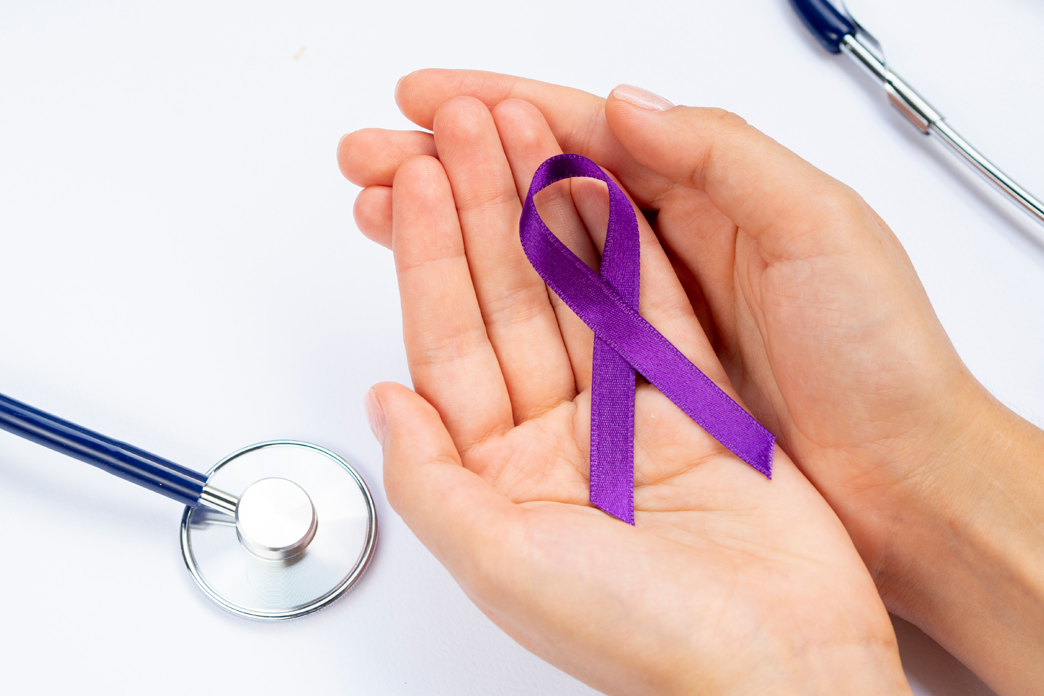Cancer is the third leading cause of death in the PH, but what is it?

The Philippines recorded that cancer is the third leading cause of death among its citizens, with lung cancer having the highest mortality rate compared to other cancer sites.
But what is this disease, and why do some people call it a "silent predator"?
What is cancer?
Cancer is not a single disease but a collection of related conditions characterized by the uncontrolled growth and spread of abnormal cells. These cells can form tumors, interfere with normal bodily functions, and, if not addressed in time, lead to severe health complications.
What are the types of cancer?
Cancer can manifest in various forms, including breast, lung, colorectal, prostate, and ovarian cancer, among others. Each type has its unique characteristics, risk factors, and treatment options. Early detection and intervention are crucial in improving outcomes, underscoring the importance of regular screenings and check-ups.
What are its risk factors?
While some factors contributing to cancer are beyond our control, such as genetic predisposition, others are modifiable through lifestyle choices. Smoking, excessive alcohol consumption, poor diet, lack of physical activity, and prolonged exposure to harmful environmental factors are known risk factors that can be mitigated through awareness and education.
What are its symptoms and how can it be detected early?
It is important to recognize the symptoms of cancer to aid in early detection. It starts with being aware of oneself and diligently looking after your health. Persistent changes in bowel or bladder habits, unexplained weight loss, unusual bleeding, chronic fatigue, and lumps or changes in the skin are potential indicators that require prompt medical attention.
Regular screenings, such as mammograms for breast cancer, Pap smears for cervical cancer, and colonoscopies for colon cancer, can significantly increase the chances of identifying cancer at an early. When spotted early, cancers are more treatable and the financial burden is lesser.
What are the treatments available for cancer?
Medical research advancements have led to many treatment options, including surgery, chemotherapy, radiation therapy, immunotherapy, and targeted therapies.
However, it is important to note that each individual may require a different treatment plan, owing to different stages of cancer, genetics, and other risk factors. Patients are encouraged to consult their team of doctors on which treatment plan will be beneficial for them.
The Medical City's Augusto P. Sarmiento Cancer Institute (APSCI) practices a multi-disciplinary team approach to cancer prevention, early detection, diagnosis, and management. (APSCI) applies innovative molecular technologies in diagnosis and treatment for truly customized care.
Can cancer be prevented?
Preventing cancer goes hand-in-hand with adopting a healthy lifestyle. By incorporating nutritious diets, engaging in regular physical activity, avoiding tobacco and excessive alcohol consumption, protecting ourselves from harmful environmental factors, and getting immunization against viral hepatitis (reducing the risk of liver cancer) and human papillomavirus or HPV (preventing cervical cancer), we can significantly reduce our risk of developing cancer.
APSCI launched a program called SCRAP Cancer, which stands for "SCReen And Prevent Cancer." The program aims for a cancer-free Philippines by developing services like the Hope Mobi-Clinic that gives free cancer screening to underserved communities.
Related read: Hope Mobi-Clinic
Media Requests
For media requests or to interview a TMC Oncologist, visit https://www.themedicalcity.com/media-requests or email media@themedicalcity.com